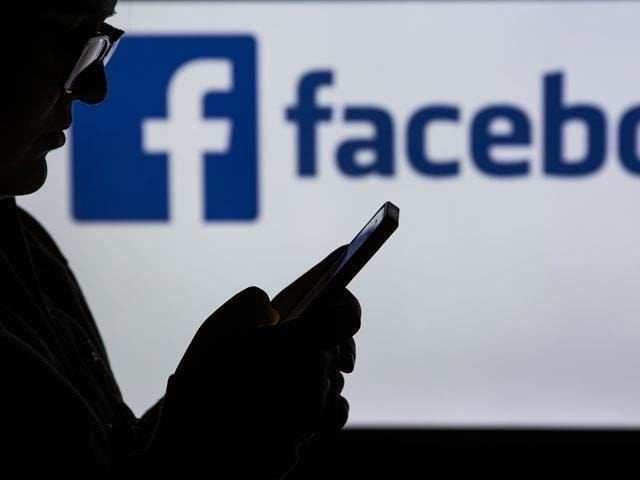
In a monthly report of accounts suspended for so-called “coordinated inauthentic behavior”, Facebook said it had removed eight networks in recent weeks, including one with links to the Islamic Republic of Iran Broadcasting Corporation (IRIB).
The company also removed a US network of fake accounts linked to QAnon, a fringe group that claims Democrats are behind international crime rings, and a separate US-based campaign with ties to white supremacist websites VDARE and the Unz Review.
Nathaniel Gleicher, Facebook’s head of cybersecurity policy, said both US networks recently began pushing coronavirus-related disinformation, taking advantage of a surge in online interest in the pandemic to promote anti-Semitic and anti-Asian hate speech tied to it.
“We’ve seen people behind these campaigns opportunistically leverage coronavirus-related topics to build an audience and drive people to their pages or off-platform sites,” he said.
The networks also pushed content focused on the upcoming US presidential election, the report said.
Gleicher said the IRIB network had “substantial connections” to previously identified Iranian disinformation campaigns, but it was too early to say whether it was directly responsible for those operations.
Twitter tests new feature that tells users their tweet replies may be offensive
The state-owned IRIB, which has its head appointed by Iranian Supreme Leader Ayatollah Ali Khamenei, did not immediately respond to a request for comment. Iranian officials have previously dismissed allegations of running coordinated disinformation campaigns as “ridiculous”.
The Islamic Republic has emerged as one of the most persistent players in online influence operations, like Facebook, Twitter, and Alphabet’s Google have had to grapple with state-backed groups using social media to further their geopolitical agendas and spread disinformation.
A Reuters investigation in 2018 found that one Tehran-based operation had used more than 70 websites masquerading as local news outlets to covertly disseminate Iranian state propaganda in more than 15 countries, at one point tricking the then Pakistani defence minister into issuing a nuclear threat against Israel.
Iranian officials in Tehran and London did not reply to questions about the operation at the time.
Gleicher said the newly identified network had used similar tactics, including posing as independent media websites and charitable organisations, to target countries from Algeria and Bangladesh to the United Kingdom and Zimbabwe.
The network used more than 500 accounts on Facebook and its photo-sharing site, Instagram, to spread messages that often focused on local conflicts or criticism of US actions in the region, he said.
“In general, these were narratives that are aligned with Iranian geopolitical interests.”
Researchers at social media analytics firm Graphika, who reviewed the IRIB-linked accounts before they were suspended by Facebook, said some of the earliest-identified activity dated back to 2012 and targeted the US Republican party primaries.
Japan is drafting protocols for dealing with UFOs
Two years later, other accounts in the network used a handful of fake personas, memes, and cartoons to support Scotland’s referendum bid to break away from the United Kingdom, they said.
Graphika’s head of investigations, Ben Nimmo, said those attempts were short-lived but show that Iran was experimenting with online election meddling years before alleged Russian attempts to sway the 2016 US presidential vote. Moscow has repeatedly denied the accusations.
“The Iranian experiment was relatively tiny and didn’t last long or have any noticeable impact. What’s interesting is how early they started,” he said.
“This whole takedown underlines how persistent the Iranian state is when it comes to covert influence operations.”






1735126617-0/Untitled-design-(67)1735126617-0-270x192.webp)




1735025557-0/Untitled-(96)1735025557-0-270x192.webp)











COMMENTS
Comments are moderated and generally will be posted if they are on-topic and not abusive.
For more information, please see our Comments FAQ